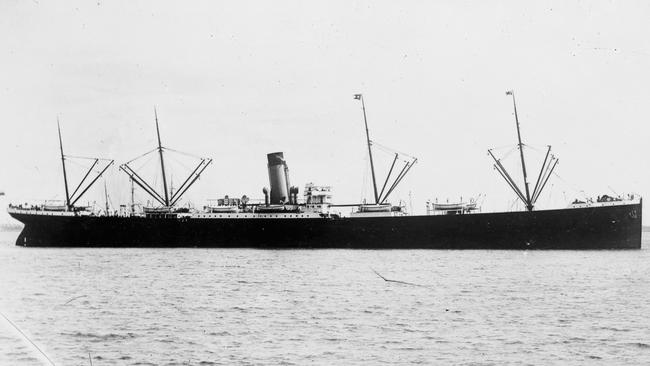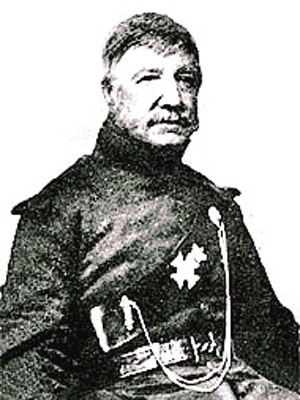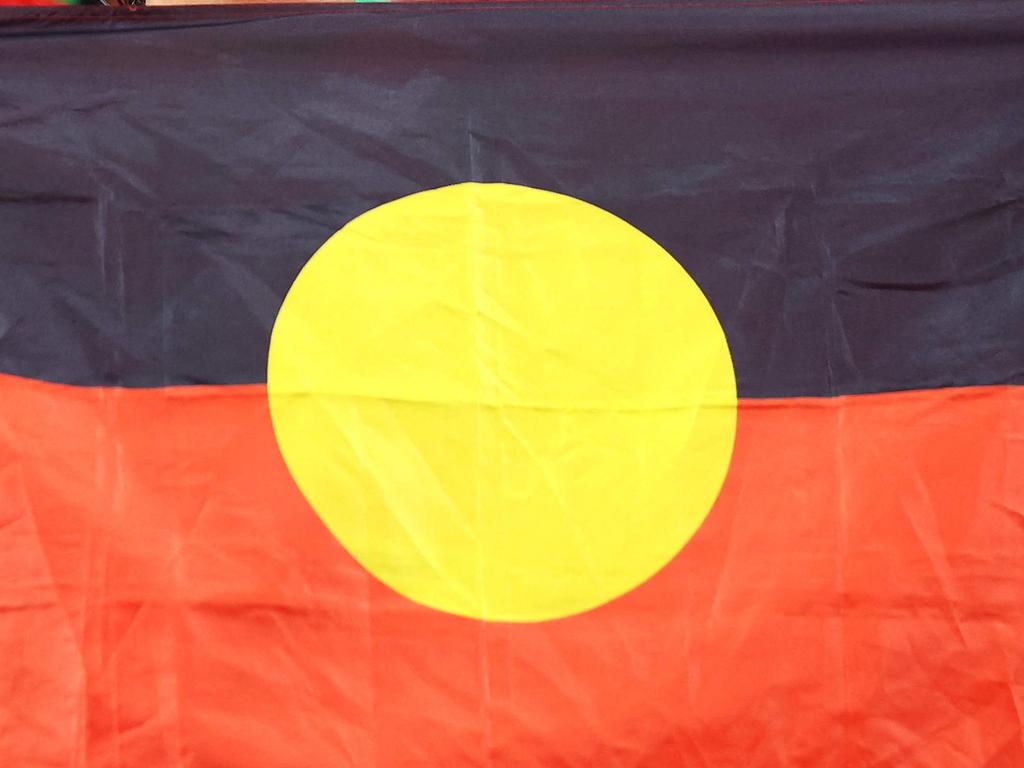Albany bicentenary book sunk by Indigenous slavery, colonial dispossession references
Plans to celebrate the bicentenary of WA’s first colony imploded with a historian’s insistence on emphasising dispossession of First Peoples globally.

Plans to celebrate the bicentenary of Western Australia’s first colony began to implode when the maritime historian commissioned to write about the arrival of the Brig Amity in 1826 said he intended to emphasise the use of colonial-era ships to enslave and dispossess First Peoples around the world.
The UWA Press and City of Albany paid commissions to about 14 authors to each write a chapter of the bicentennial book before they “paused” the project, which was going to be the centrepiece of the 200th anniversary of the port established by Edmund Lockyer on the south coast of WA.

Adam Wolfe, a scholar of maritime archaeology, told The Australian he became concerned last year that the city “did not display any enthusiasm” for his chapter ideas including that “the culture that said slavery was okay was imported into WA”.
Mr Wolfe wanted to write about how ships such as the Brig Amity were examples of the technology that made it so much more possible to occupy land and exploit resources.
This was a serious clash of ideas.
Mr Wolfe claimed the city preferred him to write a chapter with lots of information about the 38 cargo ships that arrived in Albany’s King George Sound in November 1914 to collect the ANZACs. He said he asked for a meeting with the city, where he claims he was told it was fine to mention dispossession of the Menang Noongars but there should not be too much detail.
“They were looking for a ‘safe’ maritime narrative that emphasised Albany’s maritime significance and importance laced with a bit of maritime archaeology – the usual: maritime explorers, whaling, jetties, lighthouses, water supplies, shipwrecks, mail and steam ship services, port development and as much ANZAC as possible,” he told The Australian.
“(City of Albany arts and culture manager) Paul Nielsen seemed very put out when, at a meeting of proposed authors, nobody talked about including ANZAC stories in the proposed book.”
City of Albany Mayor Greg Stocks, elected in October, is attempting to build bridges with the Menang Noongar community after a bruising 2023 in which key elders were deeply hurt by the city’s decision not to formally support the Indigenous voice. Albany is in the federal electorate of O’Connor where 76 per cent voted no at the referendum.
“We want to make sure 2026 is an opportunity to acknowledge Aboriginal history through a Menang-First approach,” Mr Stocks said. “Our leadership is important in bringing everyone together and we continue to have positive active dialogue with elders and the community. There remains a mutual commitment to a shared and inclusive future.”
The city is still hopeful the bicentennial book project can be revived. Its only Indigenous author, senior Menang Noongar man Harley Coyne, pulled out last year amid concerns among elders that the city’s overall engagement with traditional owners was cursory.
Senior Menang Noongar people told The Australian they felt used by the city over a long period and believed it only included them in decision-making when it helped grant applications to state and commonwealth agencies.
A cross-section of Menang Noongar people held a crisis meeting in Albany last Thursday to discuss how to let the city know their grievances and find a way forward. They will meet again on Thursday.
Senior Menang Noongar man Ken Kelly, a mayoral candidate in Albany last year, said his people were made to feel they were being disruptive when they just wanted to be heard.
“I only raise my concerns because I have feedback from not only the Aboriginal community but other sections concerned about how the council engages, accepting responsibility and their availability for the broader community,” he said.
“I live here and this is a great community. We could be better.”








To join the conversation, please log in. Don't have an account? Register
Join the conversation, you are commenting as Logout